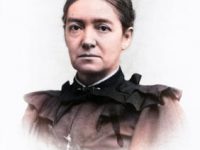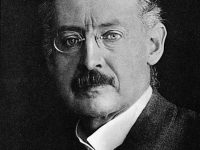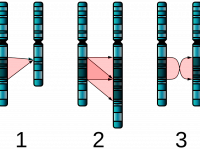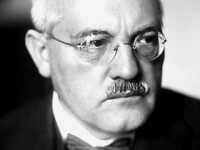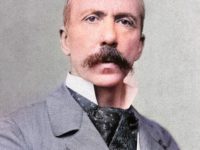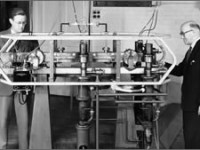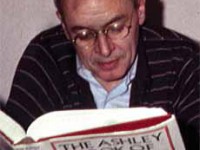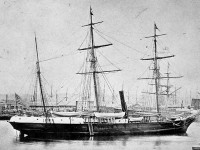Mary Putnam Jacobi – Physician and Suffragist
On August 31, 1842, American physician, writer and suffragist Mary Corinna Putnam Jacobi was born. Putnam Jacobi crusaded for the integration of clinical and laboratory studies. Disparaging anecdotal evidence and traditional approaches, she demanded scientific research on every question of the day. As a leading feminist, she rejected the traditional wisdom about the weaknesses of women. Her work with reformers and suffragists made her a leading spokesperson for women’s health. Mary Putnam –…
Read more

